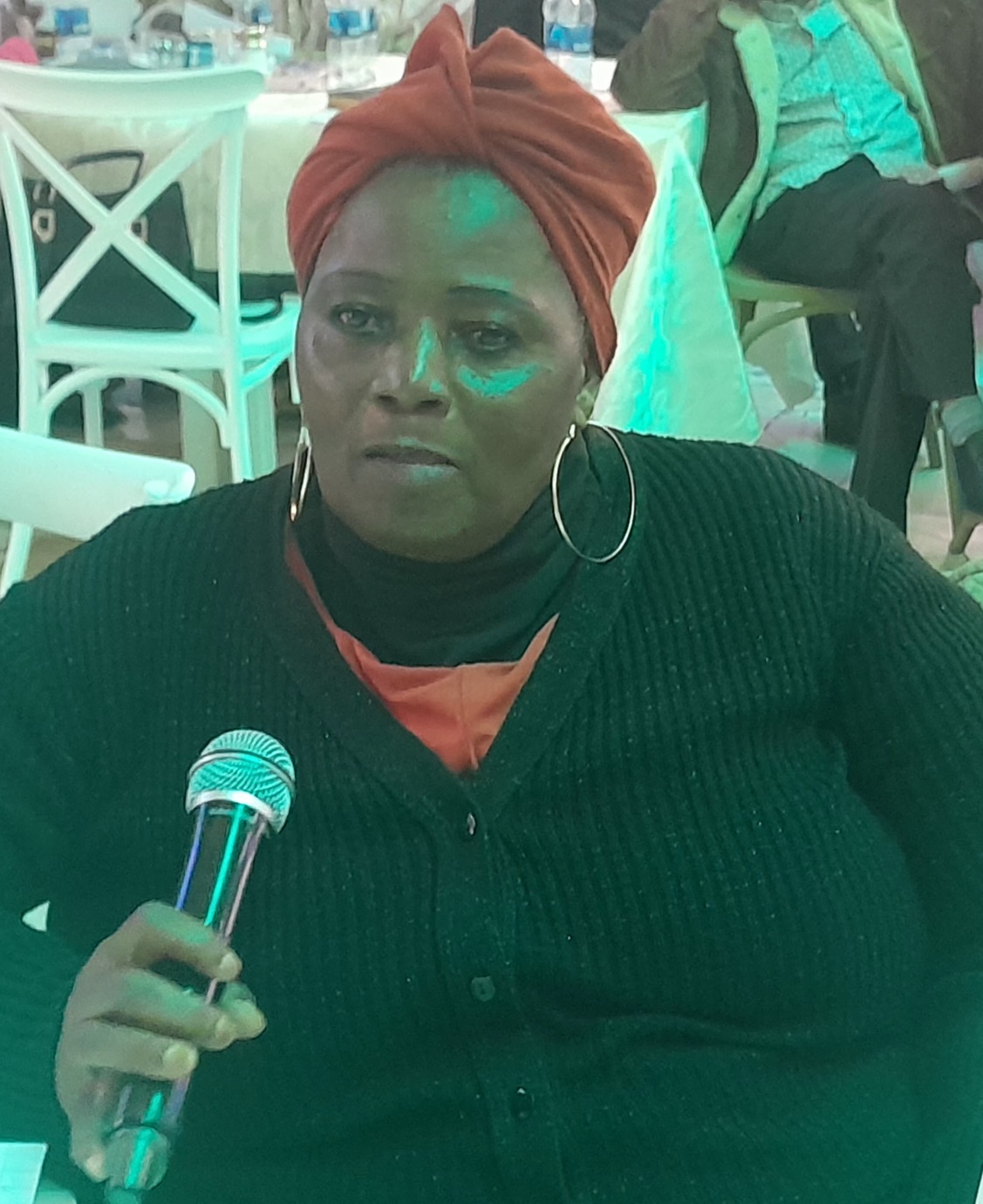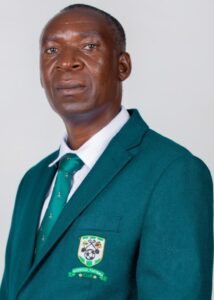By Flata Kavinga
People living with disabilities have urged the City of Kwekwe to prioritise disability inclusion in policy formulation, service delivery and infrastructure development, saying they continue to face exclusion in decision-making processes and limited access to basic services.
Speaking during the 2026–2030 City of Kwekwe Strategic Planning Workshop in Kwekwe, representative Evelyn Zimba said persons with disabilities (PWDs) wanted to be fully involved in all municipal activities that affect them.
“We need to be involved in all the things you do. Information should be accessible,” she said, adding that the city should employ a sign-language interpreter to facilitate communication.
Zimba said the physical environment remained a major barrier for many PWDs, who struggle to access buildings and move around the city.
“On street pavements we request for ramps so that we avoid asking other residents to help us get onto pavements. We also request that buildings be accessible. At the moment very few are accessible, including the Civic Centre,” she said.
She added that lack of access often discouraged PWDs from seeking services. “In that scenario I am forced to go back without seeing the mayor to air my issues.”
Zimba urged council to provide equal employment opportunities for people with disabilities, saying many remained unemployed partly because of the absence of reliable data on their numbers and needs.
“If you embark on data collection, you will be able to know disabled persons in particular places, including those who require assistance,” she said.
She also called for disability-friendly recreational facilities, noting that PWDs were currently confined to “just sitting and watching” during leisure outings because amenities did not accommodate them.
On budgeting, Zimba appealed for inclusive financial planning. “When we budget, let’s have inclusive budgeting that addresses the needs of disabled persons,” she said, emphasising the need for disability-specific services across all city departments.
Zimba highlighted accommodation challenges, saying many people with disabilities did not have decent housing, leading some to live on the streets. She also called for socio-support initiatives targeting their children, who often carry adult responsibilities while their parents engage in street begging to survive.
“Our children take care of duties such as cooking. They have to sell tomatoes because I will be begging on the streets while your children are reading. Consider the plight of our children,” she said.
Turning to health services, Zimba said facilities were not disability friendly, citing the lack of Braille instructions on medication and limited confidentiality for visually impaired patients.
“There are things that are confidential. Here I am, I can’t see, I can’t read, I have to ask someone to read for me. This is improper,” she said.
She recommended audible signage at road junctions to enhance safety for blind residents. While acknowledging the cost implications, she urged council to consider the long-term need.
“There should be audible signage to assist the blind at walkways. We are not saying introduce this now, but consider it as we go, because it will make our life easy,” she said.
Council officials are expected to review the submissions as part of the strategic plan formulation process.





